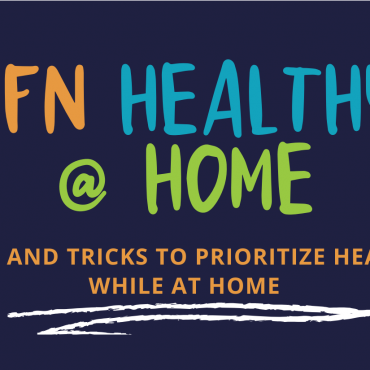3 Reasons Sugar is More Dangerous Than You Think
A recent study has highlighted that sugar, in any of its many forms, is an ingredient in almost 80 percent of grocery store items. While we know that too much sugar can be bad for our health and is linked to conditions like diabetes and obesity, sugar can negatively affect the body in more ways than it first appears. Here are three of the main ways that sugar is more dangerous than you think.
Sugar Makes Us Hungrier
Rates of obesity are rising worldwide, as is the amount of sugar people are consuming. It’s no secret that those two things are linked. Studies have shown that sugar, particularly fructose, creates a hormonal shift in the body, making you crave more food than you would otherwise.
There are two main hormones involved in the hunger response. Dr. Mowll explains, “ghrelin makes us feel hungry, and leptin helps us feel satisfied. Typically, after eating, ghrelin levels decrease as leptin levels increase. However, fructose does not trigger this change, causing us to overeat.”
Additionally, processed foods that are high in sugar are what’s known as empty calories. These foods only add calories to your diet without the vitamins, minerals and other nutrients required for health and satiety. As a result, eating empty calories means you will have to eat more to get your daily nutritional requirements – which increases the total number of calories you consume.
It Can Be Addicting
Anyone who has indulged in a piece of chocolate cake knows how satisfying the experience can be. This heightened response is caused by the reward centers in your brain encouraging you to eat more high caloric foods, which would be hard to find in nature.
While this process was vital when sugar was scarcely found, it works against us now that sugar is added to the majority of grocery store items. Research has shown that these pathways are the same ones triggered in people with gambling or substance addictions. The Recovery Village explains, “addiction has several different approaches to it, depending on the substance, and regardless of that, every case is different.” That being said, there is clear evidence that sugar can be an addictive substance. And, as with any addiction, it can be hard to break.
Sugar Can Hinder Brain Function
Diet plays a significant role in brain function. Too much sugar has an enormous impact on cognition and memory, especially in aging adults. Home Care Assistance explains, “a diet rich in sugar or one where lots of sugar is present can lead to a general feeling of brain fog or even an increase in the risk of developing Alzheimer’s disease since high blood sugar tends to be found in those with Alzheimer’s disease.”
Blood-sugar swings, like those that result from eating something that is primarily composed of sugar, have been linked with neurotransmitter dysregulation, which can have a severe impact on mental health. Diets high in refined sugar also decrease levels of brain-derived neurotrophic factor, which is required for the formation of memories. Together, these biochemical changes negatively impact the brain and make it harder to remember things or think quickly.
Sugar is in an overwhelming amount of the food we eat, and it is clear that it has severe unintended, adverse health effects. This does not mean that you should completely eliminate sugar from your diet. However, it is important to understand the dangers associated with a high sugar diet and attempt to make healthier choices.
A great way to be aware of what you eat is to start a food log! That way you know exactly what you are eating and are better able to track how your food choices affect you, and even what times of day you might want to avoid different foods!




